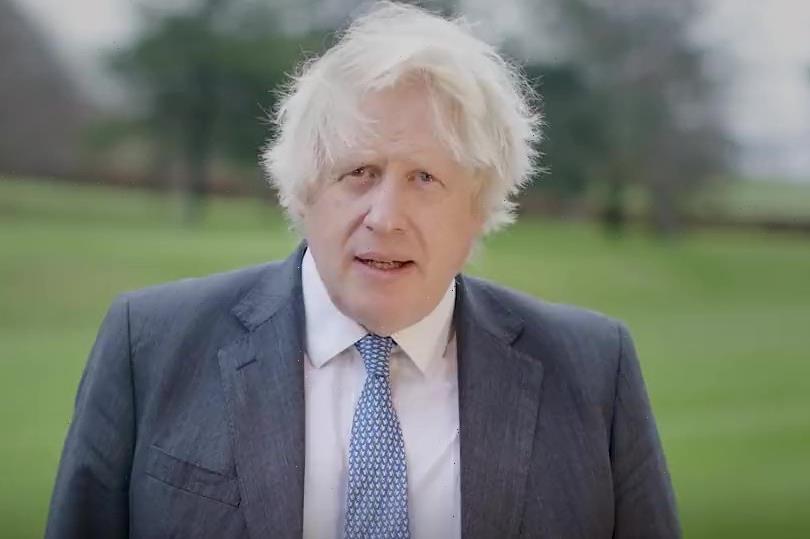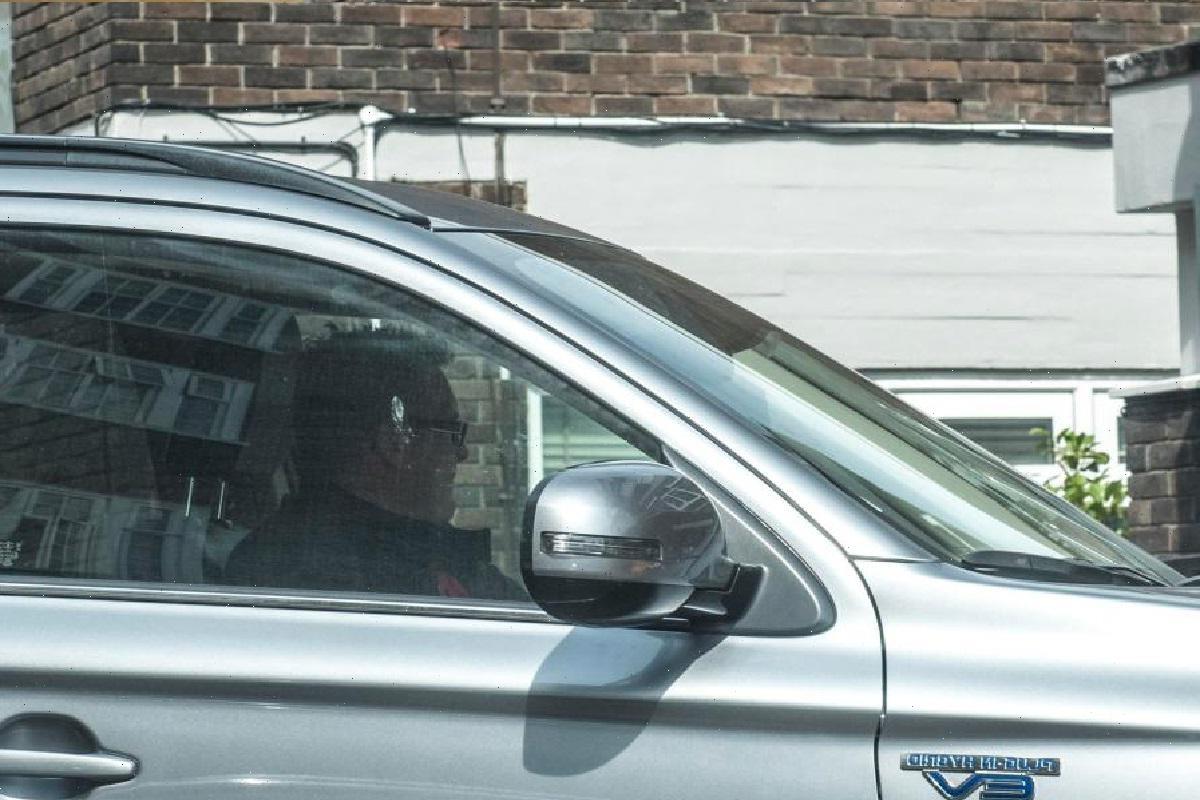AUSTRALIA Day is considered one of the biggest days of celebration Down Under.
But the public holiday isn't without it's controversies.
What is Australia Day?
Australia Day began as a time to come together to celebrate what it means to be a proud Aussie.
But in recent years, acknowledging January 26 as a public holiday has become unpopular amid changing views on what it really represents.
Although the day is an important date in Australia's history, varied opinions about whether it should be held in high regard.
That's because Australia Day was originally held to mark the anniversary of the arrival of the First Fleet of 11 convict ships, sent from Britain – colonisation.
On this day, in 1788, commander Captain Arthur Phillip raised the Union Jack in Sydney Cove – to signal their arrival.
The date has long been a difficult symbol for many Aboriginal and Torres Strait Islander people who see it as a day of sorrow and mourning.
For many it's a painful reminder of death, introduced diseases and an almost eradicated culture.
For First Nations People across the country intergenerational trauma and inequality stemmed from colonisation.
Tilly Langford, a First Nations comedian and political commentator, said Invasion Day, to her, symbolises a lot of her own conflictions with Australia.
She told news.com.au: "The way it is now is so tied up in pain, struggle and trauma; that the thought of being able to love it without those feelings feels so bittersweet and impossible.
“I don’t think I ever will celebrate ‘Australia Day’ really, regardless of when it is.
“I also don’t think I’ll ever be able to truly love this country as my ancestors were able to. But one day, I hope there is enough healing for my children or even their children to. And that healing needs to start now.”
Why is Australia Day called Invasion Day?
The January 26 holiday marks the date the British fleet sailed into Sydney Harbour in 1788 to start a penal colony, viewing the land as unoccupied despite encountering settlements.
But for many Indigenous Australians, who trace their lineage on the continent back 60,000 years, it is “Invasion Day”.
Historian Ross Fitzgerald wrote: "Queensland's history was being written in blood".
And author A.K.Macdougall explains: "It was the only colony where the Aboriginal people – the Myalls – strongly resisted white incursion, and Aborigines were killed on a scale that amounts to genocide.
"By 1865, a… visitor was protesting against the 'wholesale, indiscriminate, cold-blooded cruelty on the part of whites."
In one example, 500 people were slaughtered from one tribe alone, in retribution for the massacre of 19 white settlers.
Nearly 60 percent of a respondents to a 2022 survey support changing the day, or creating a separate day to recognise Indigenous Australians while keeping the original, a Guardian Essential poll revealed.
The study found 57 percent of 1,028 voters were warming to the idea.
Half of those asked said they felt the national day was "just another public holiday" (down three percent from last year), while 27 percent said they would be holding marking the occasion with a celebration (down two percent from 2021).
Did Captain Cook discover Australia?
Indigenous people have been living on the continent for more than 60,000 years – well before Australia received its first European voyagers.
Among these sailors was Captain James Cook.
According to a survey by The Conversation, "many people said they learnt Cook 'discovered' Australia – especially if they were at school before the 1990s".
In 1770, it is claimed that Captain Cook "discovered" the south east coast of Australia, when he landed in Botany Bay.
On August 22, 1770, he claimed the whole of the east coast of Australia at Possession Island and named eastern Australia New South Wales.
But, writes ABC News, "the idea that Cook discovered Australia has long been debunked".
Robert Blyth, senior curator at the British Maritime Museum, explained: "Obviously there were Indigenous Australians already there.
"And of course other Europeans had encountered, charted, visited parts of Australia."
Dutch navigator Willem Janszoon was the first European recorded to have set foot in Australia prior to Cook, back in 1606.
Plus, his was the first of 29 Dutch voyages to Australia in the 17th century, says ABC.
The continent was thus at one stage dubbed 'New Holland'.
"Cook wasn't even the first Englishman to arrive here — William Dampier set foot on the peninsula that now bears his name, north of Broome, in 1688," the broadcaster adds.
Britain decided to use the land as a prison colony, and treated it as a dumping place to send its convicts.
Arthur Phillip led the British First Fleet of 11 ships, carrying about 1,500 people to Botany Bay and about 160,000 convicts were brought to the country between 1788 and 1868.
Free immigrants began to arrive in the 1790s.
Tens of thousands of Indigenous people were killed during the colonisation of Australia – due to disease, starvation and massacres.
How is Australia Day celebrated?
Australia Day has evolved and today people tend to celebrate the diverse society of Australia, its national history and community.
Those who do celebrate the day enjoy barbecues and drink beers as they party – and some say that having cricket on in the background is "mandatory".
Some also enjoy watching Aussie films, painting their face in the colours of the Australian flag, watching fireworks, holding street parties or eating Aussie food.
Source: Read Full Article



